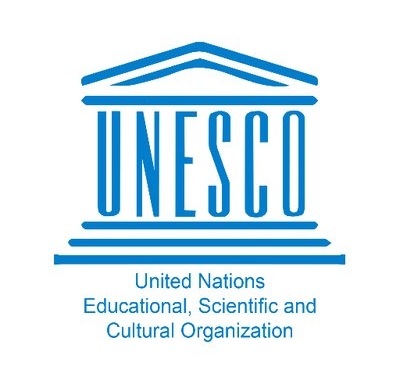The United Nations Educational, Scientific and Cultural Organisation hosted a virtual meeting of the High Level Committee on Programmes (HLCP) on the Ethics of Artificial Intelligence.
The objective of the meeting was to consult the UN system on the draft text of the normative instrument on the ethics of AI, prepared by the Ad Hoc Experts Group.
37 UN entities were present at the consultation while the Young UN and Young UNESCO also have representatives who attended the meeting to provide the youth perspective.
The meeting which was chaired by Guy Ryder, Director-General of ILO, and moderated by Gabriela Ramos, Assistant Director-General for Social and Human Sciences was organized by SHS and PAX.
Following the discussions, the HLCP agreed that the collective comments from UN entities would be transmitted to the Chairperson of the Ad Hoc Expert Group so that it can be taken into account when the Expert Group revises the first draft text of the Recommendation in September.
The HLCP also discussed what UN entities can do individually and in collaboration to address ethical issues related to AI.
ITU also provided a brief update on the system-wide strategic approach and road map for supporting capacity development on AI, to which UNESCO and other UN agencies had provided their contribution.
The Assistant Director-General for Social and Human Sciences, Gabriela Ramos stressed that “The proposed Recommendation should become an ethical guiding compass to rebuild the rule of law for the digital world.”
She also explained that it is only a starting and framing point to address different concerns such as privacy and data protection, gender and racial biases, increased digital exposure by populations at risk, increase of disinformation and many others.
She also noted that, “to ensure the effective implementation of the recommendation, if adopted, capacity building and policy support will be needed to transform it into legal frameworks, for which UNESCO will play a lead role.”
All entities that were present also expressed their support and recognized the important work of UNESCO to develop this Recommendation and its relevance for the UN system, Member States and other actors.

